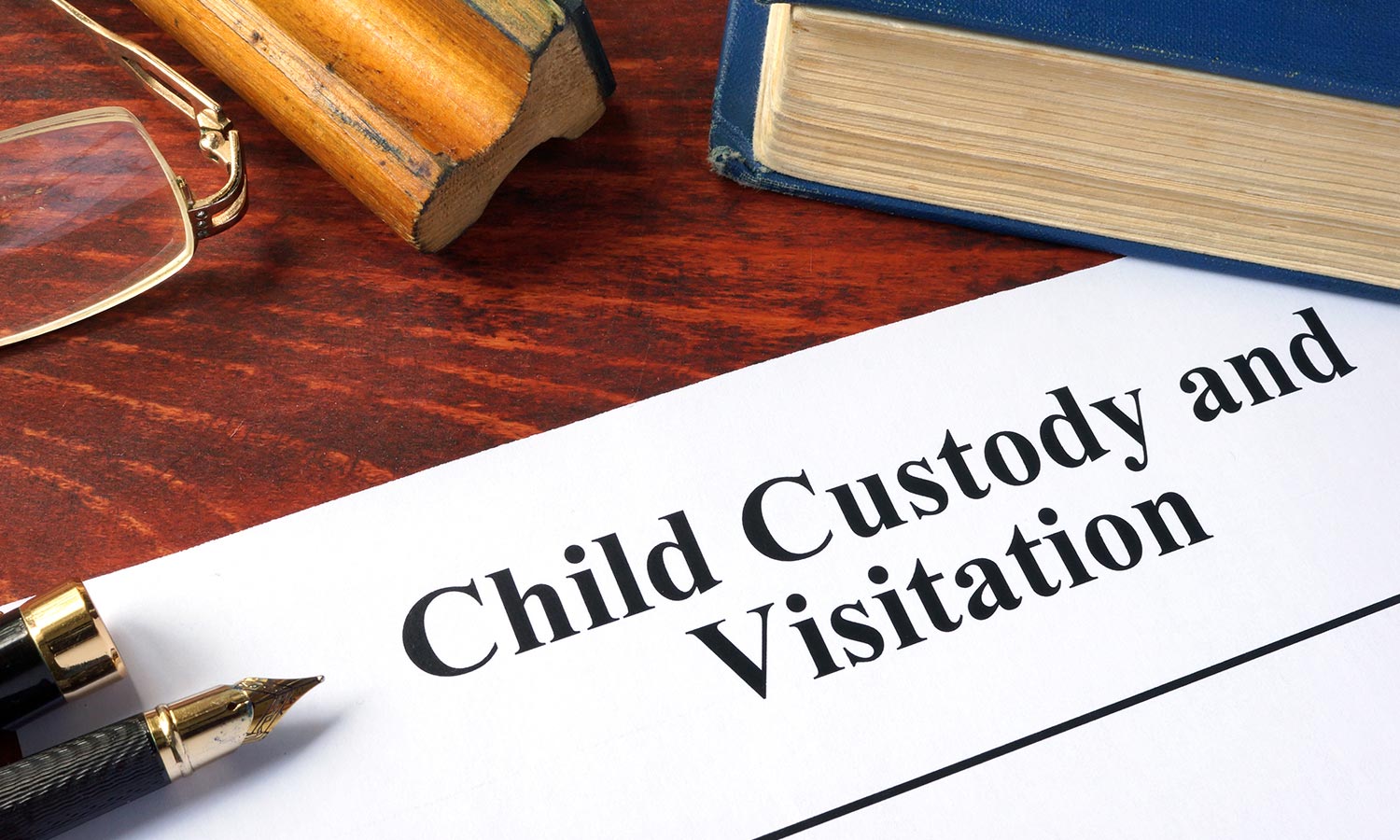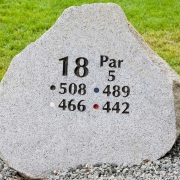How Custody Works in Massachusetts
The word “custody” conjures ugly divisive images for many people. This post will clarify how child custody works in Massachusetts.
Two Types of Custody
In Massachusetts there is legal custody and physical custody. Legal custody involves a parent’s legal right to making decisions for their child. Physical custody relates to time the child lives with each parent.
How Legal Custody Works in Massachusetts
Legal custody is a parent’s right to make decisions for their child. In particular, having legal custody allows the parent to influence the child’s education, medical care, and emotional, moral, and religious development.
In practical terms, having legal custody allows a parent to weigh in on decisions like:
- Approving your child’s Individualized Education Plan
- Consenting to your child’s surgery
- Determining your child’s religious education plan
- Deciding if your child sees a therapist
In Massachusetts, parents either have Shared Legal Custody or one parent has Sole Legal Custody.
Shared legal custody is typical whereby both parents are continually involved with all major decisions related to their child. Sole legal custody, which is less common, is when only one parent has the legal rights and responsibilities of making these important final decisions.
How Physical Custody Works in Massachusetts
Physical custody indicates where the child lives. In Massachusetts, parents either have Shared Physical Custody or Sole Physical Custody.
Shared custody is when a child has periods of living with each parent, so the child has frequent, continuous contact with both parents. Sole custody is when a child lives with one parent and is subject to reasonable parenting time with the other parent.
In practical terms, parents negotiate their parenting schedule. In divorce mediation, the outcome of the agreed upon parenting schedule determines the formal custody status.
How to Figure Out a Parenting Plan
During divorce mediation the mediator will guide parents through questions to consider in order to negotiate a parenting plan that serves the best interests of the child. There are a number of helpful resources mediators can provide that describe best practices, such as Planning for Shared Parenting which is endorsed by the Commonwealth of Massachusetts for parents living apart.
How Does “Custody” Work Bottom Line
The word “custody” makes many people feel uncomfortable. During mediation the mediator can help you navigate this without an over-emphasis on divisive language. A good divorce mediator will help parents figure out two important issues that can be done without an over-emphasis on the “custody” word:
- How to make decisions for their child (i.e. legal custody) and,
- How to craft a parenting schedule for their child (i.e. physical custody)
Contact Ben Stich for a free mediation consultation if you would like to learn more.
This article “How Does Custody Work in Massachusetts” contains general publicly available legal information and does not contain legal advice. This article is not a substitute for an attorney or law firm. The law is complex and changes often. For legal advice, contact a mediation-friendly attorney.






